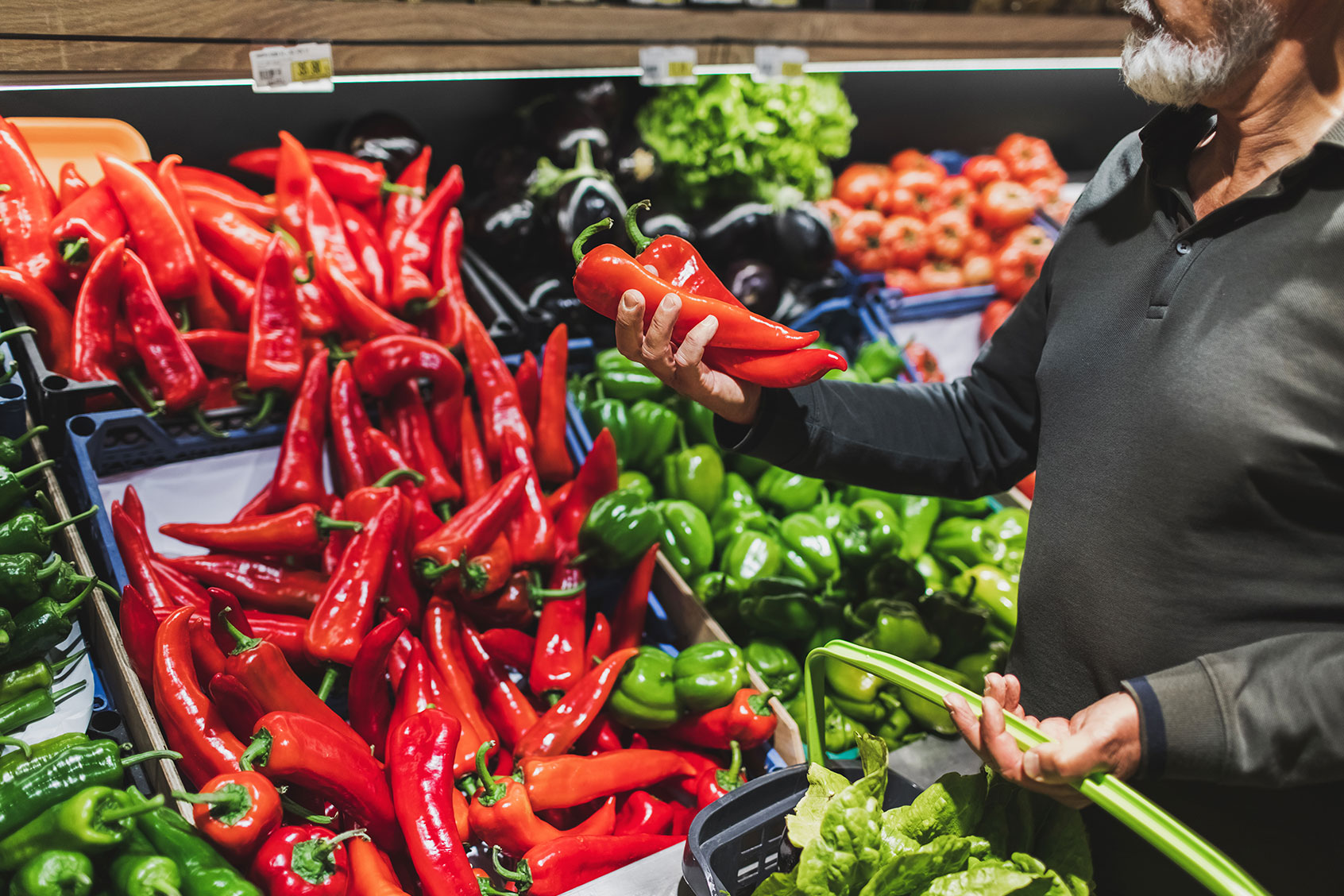According to a recent study published in in JAMA, there may be a correlation between hunger and "slightly faster mental decline" in older adults in the United States. The study — which spanned 18 years and was conducted by researchers from Colombia University, the University of California, San Francisco and the University of New Mexico — noted a "longitudinal association between food insecurity and memory decline, suggesting possible long-term negative cognition function outcomes of exposure to food insecurity in older age," among the 12,609 study participants, aged 50 and older.
Food insecurity, according to the study, is defined as "the inadequate and unreliable access to food for a health life." This study is released only weeks after SNAP's working age requirements were increased up to age 55, as well as as the fact that, currently, "food insecurity is at its highest since December 2020," as reported by Salon Food.
In order to assess food insecurity, participants were asked if they always had enough money to buy the food they needed, as well as if they ever ate less than felt they should because there wasn't enough money to purchase food. Cognitive and memory function were assessed as such: participants "complete[d] memory assessments," which focused on memory function, which was then tested via "immediate and delayed word recall tasks." Other demographic information and health issues were taken into account as the researchers monitored for changed in cognitive functioning over time. According to the study, "food-insecure respondents were also more likely to be born in the South and smoke, reported more chronic conditions and depressive symptoms, attained fewer years of education, and had higher body mass index and lower household income and wealth."


